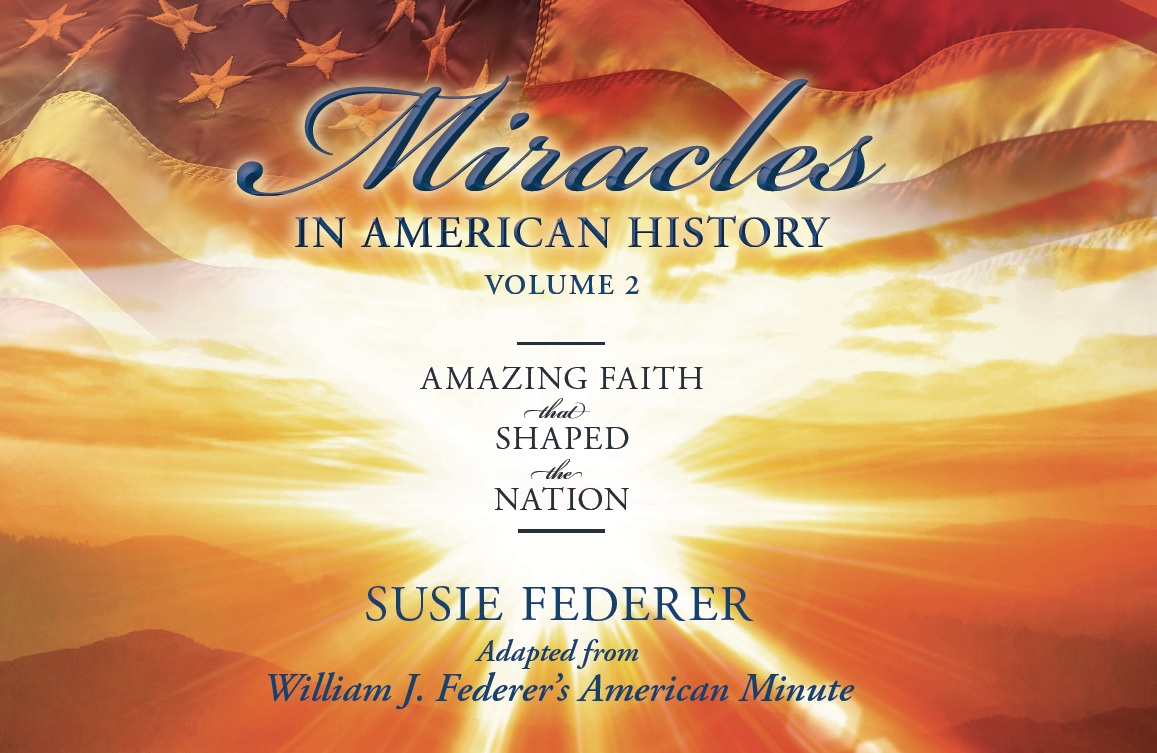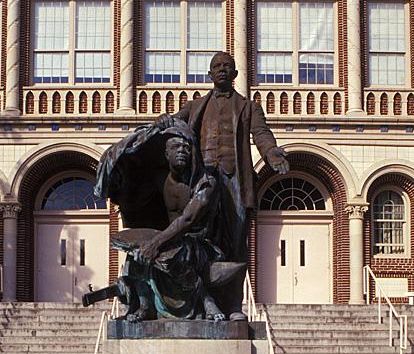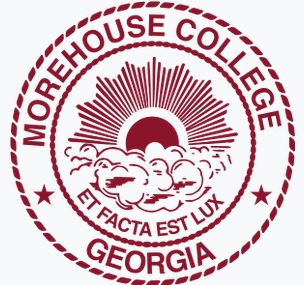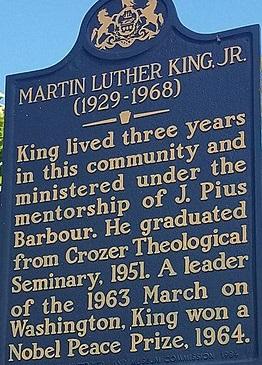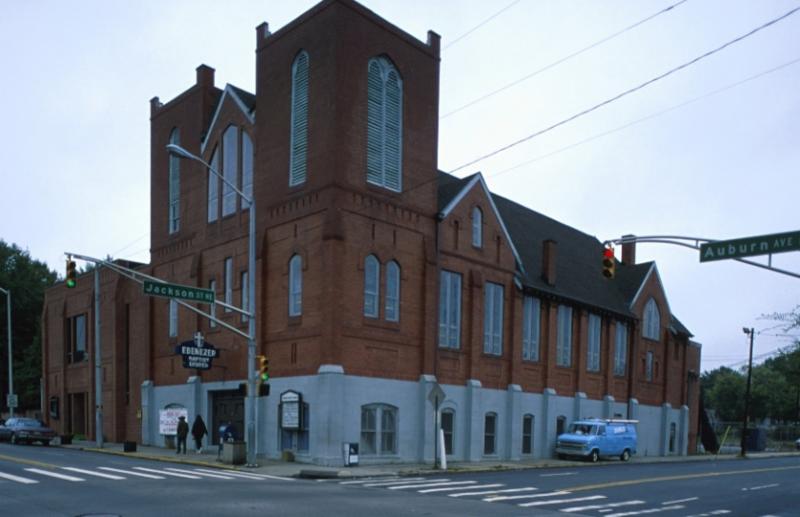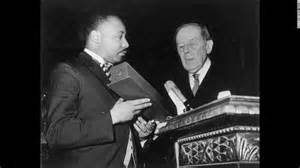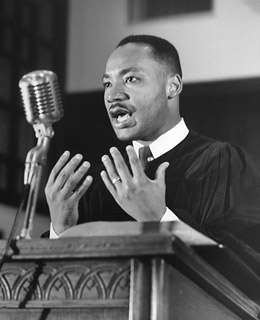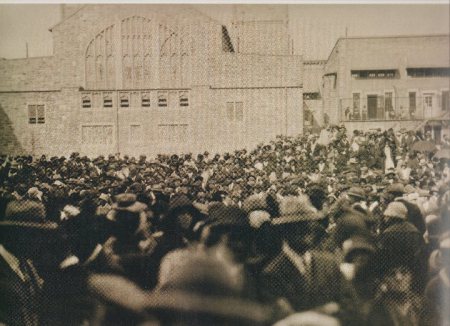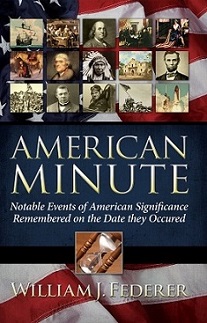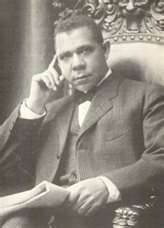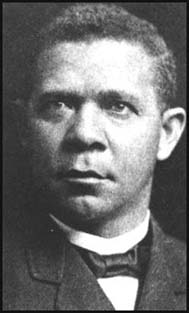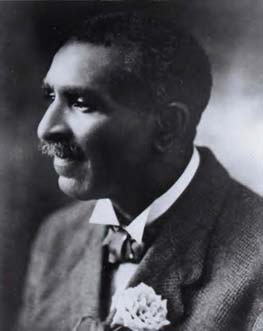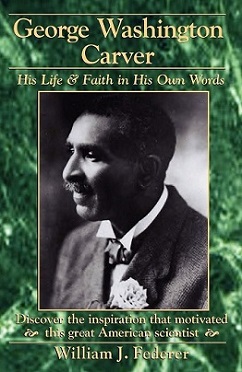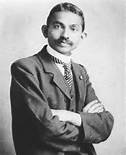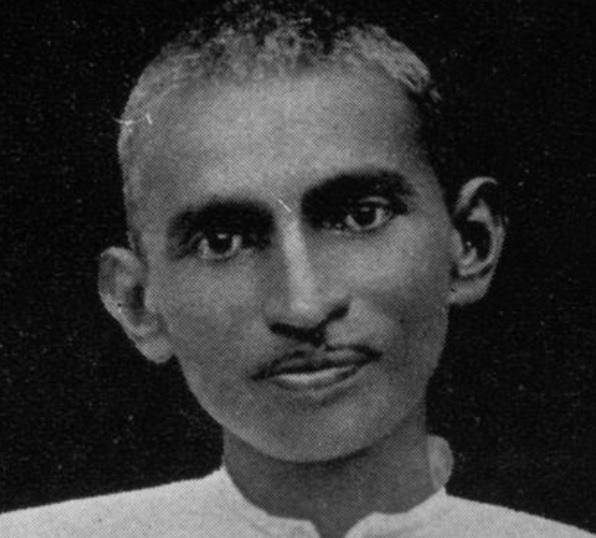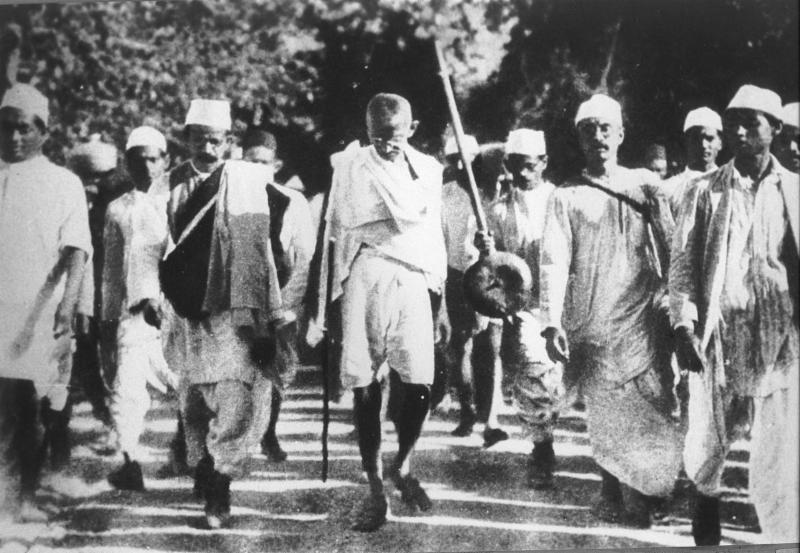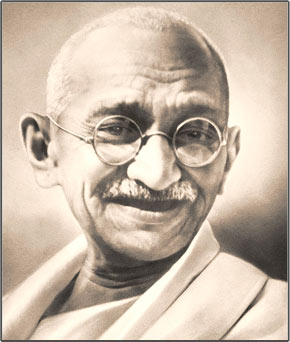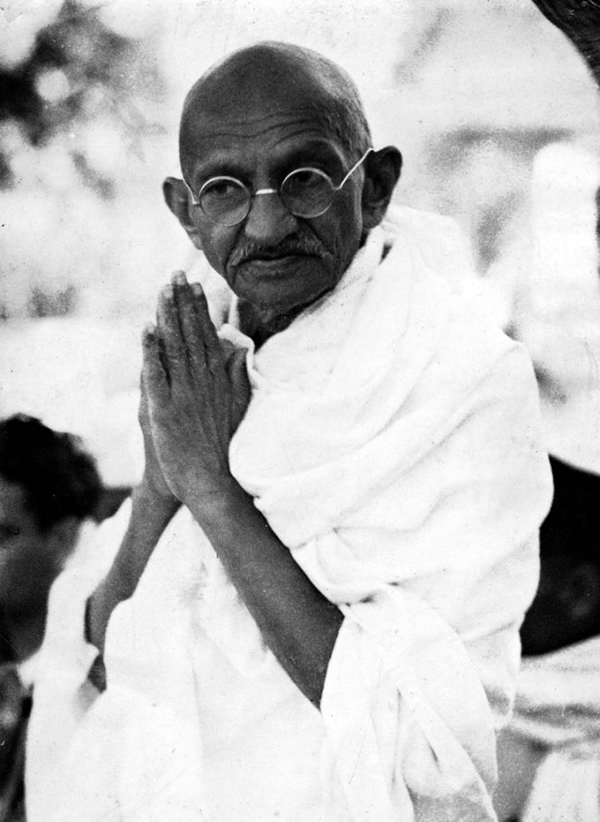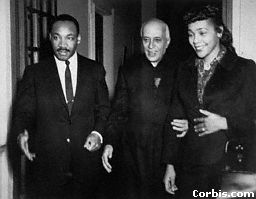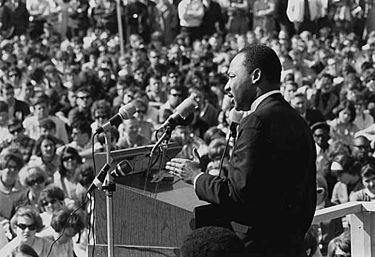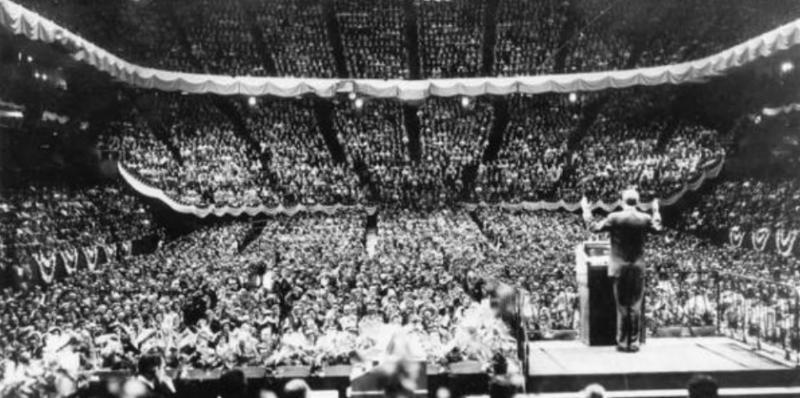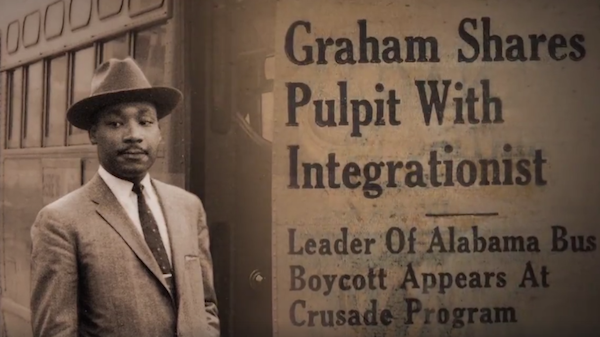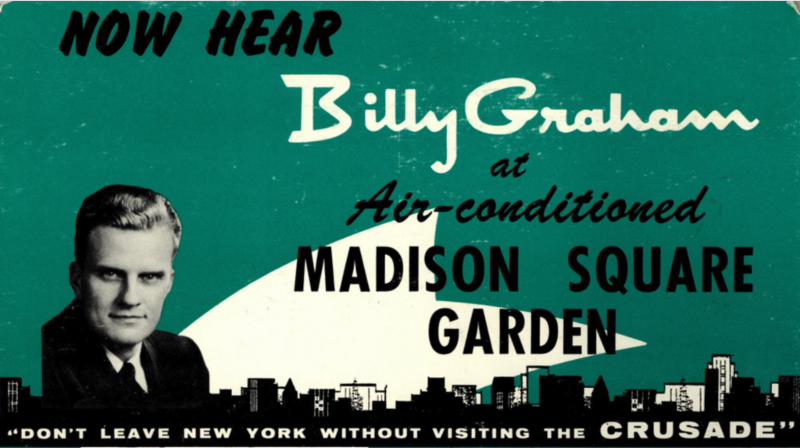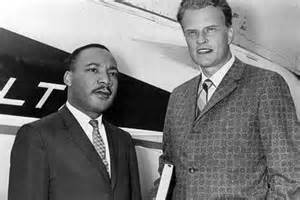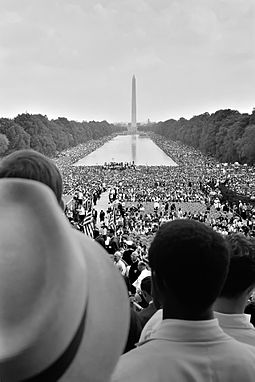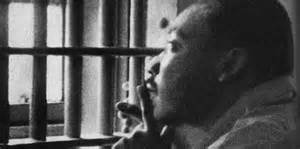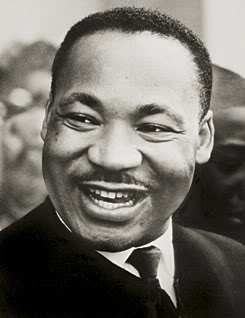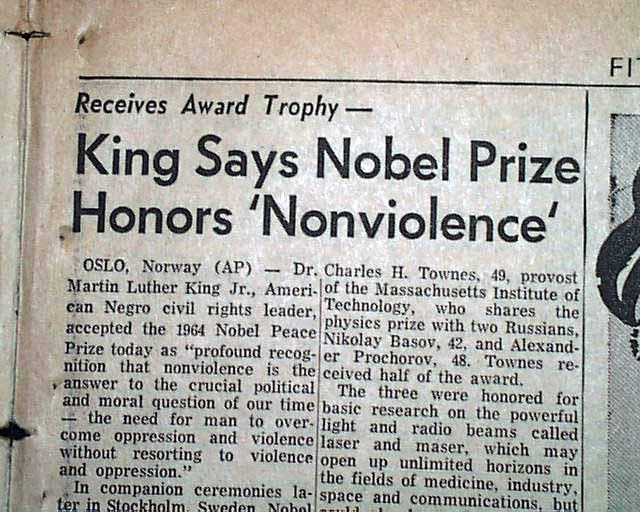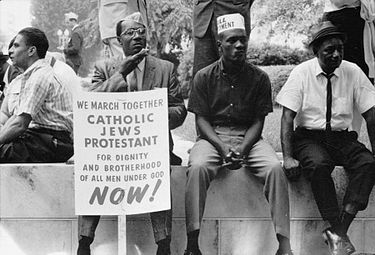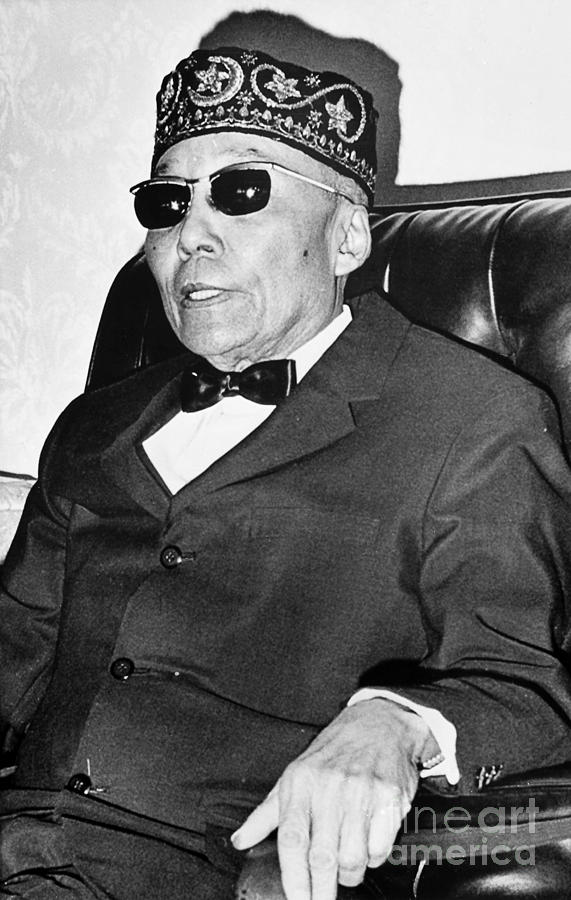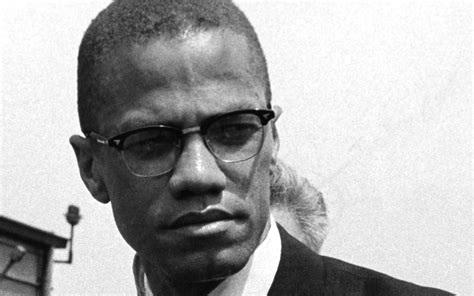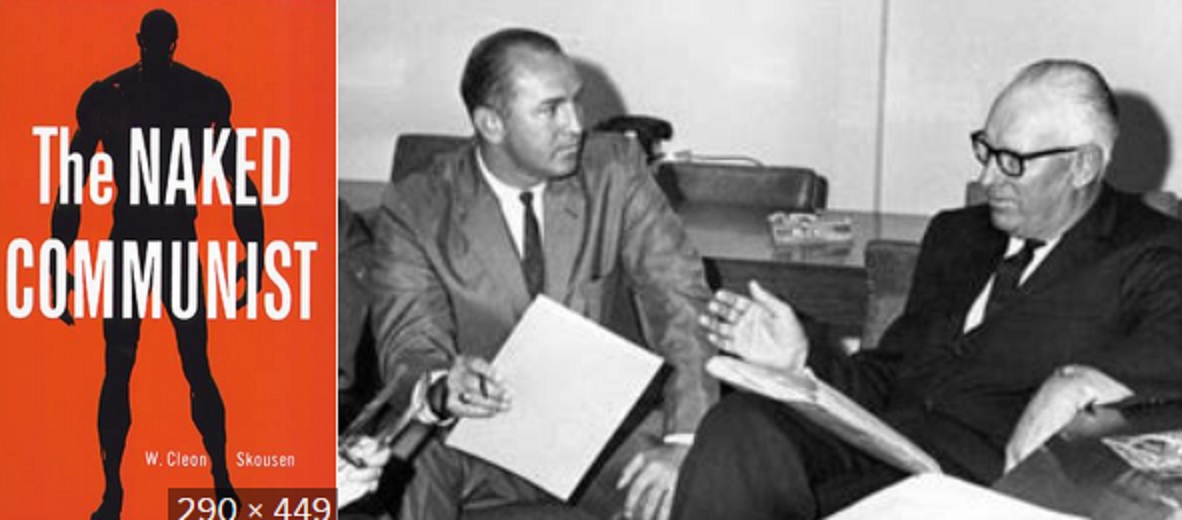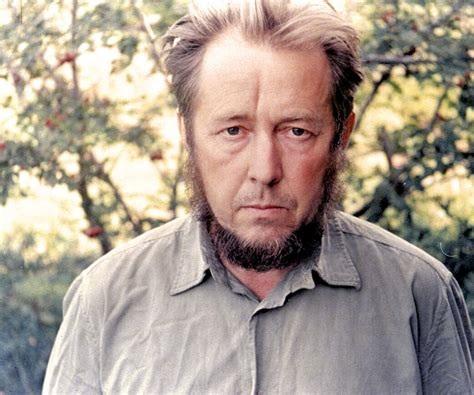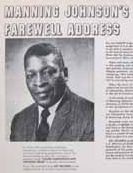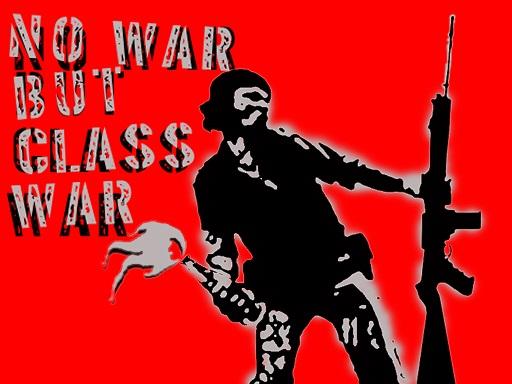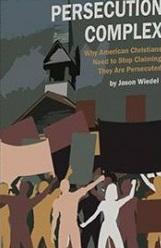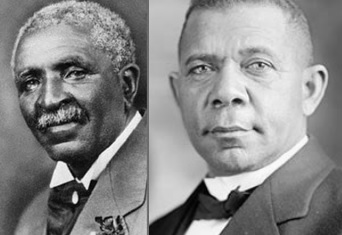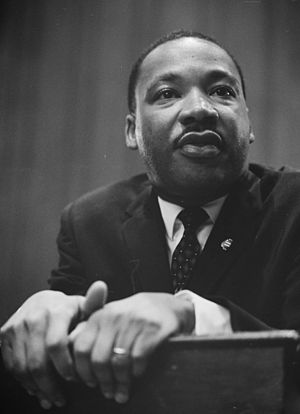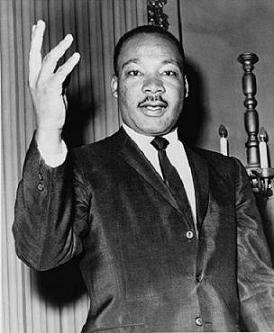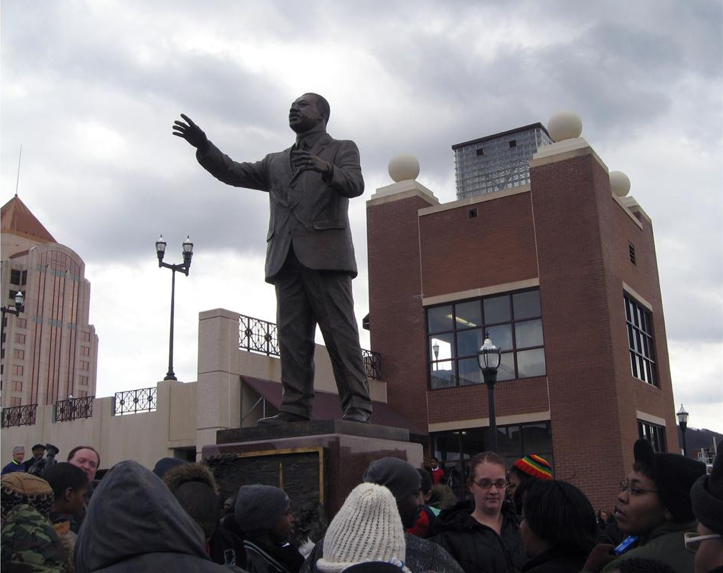Manning Johnson wrote an exposé titled Color, Communism and Common Sense, 1958.
The Foreword was written by Archibald B. Roosevelt, a decorated U.S. military commander and son of President Theodore Roosevelt.
Less than a year after Manning published his tell-all book, he was killed in an automobile accident in 1959, described with “a veil of mystery obscures the true circumstances of Manning Johnson’s death.”
Johnson wrote of his life journey:
“To me, the end of capitalism would mark the beginning of an interminable period of plenty, peace, prosperity and universal comradeship.
All racial and class differences and conflicts would end forever after the liquidation of the capitalists, their government and their supporters …
Being an idealist, I was sold this ‘bill of goods’ … Like other Negroes, I experienced and saw many injustices and inequities around me based upon color, not ability.
I was told that ‘the decadent capitalist system is responsible,’ that ‘mass pressure’ could force concessions but ‘that just prolongs the life of capitalism’; that I must unite and work with all those who more or less agree that capitalism must go.
Little did I realize until I was deeply enmeshed in the red conspiracy, that … grievances are exploited to transform idealism into a cold and ruthless weapon against the capitalist system — that this is the end toward which all the communist efforts among Negroes are directed …
I saw communism in all its naked cruelty, ruthlessness and utter contempt of Christian attributes and passions.
And, too, I saw the low value placed upon human life, the total lack of respect for the dignity of man.”




